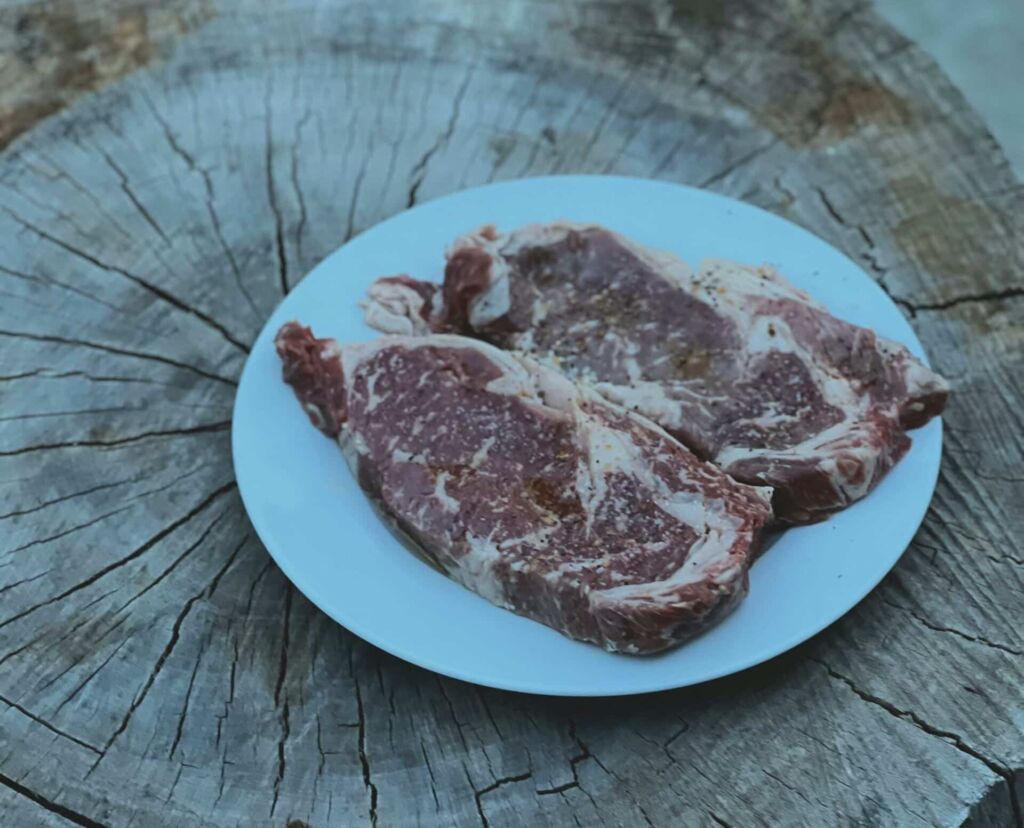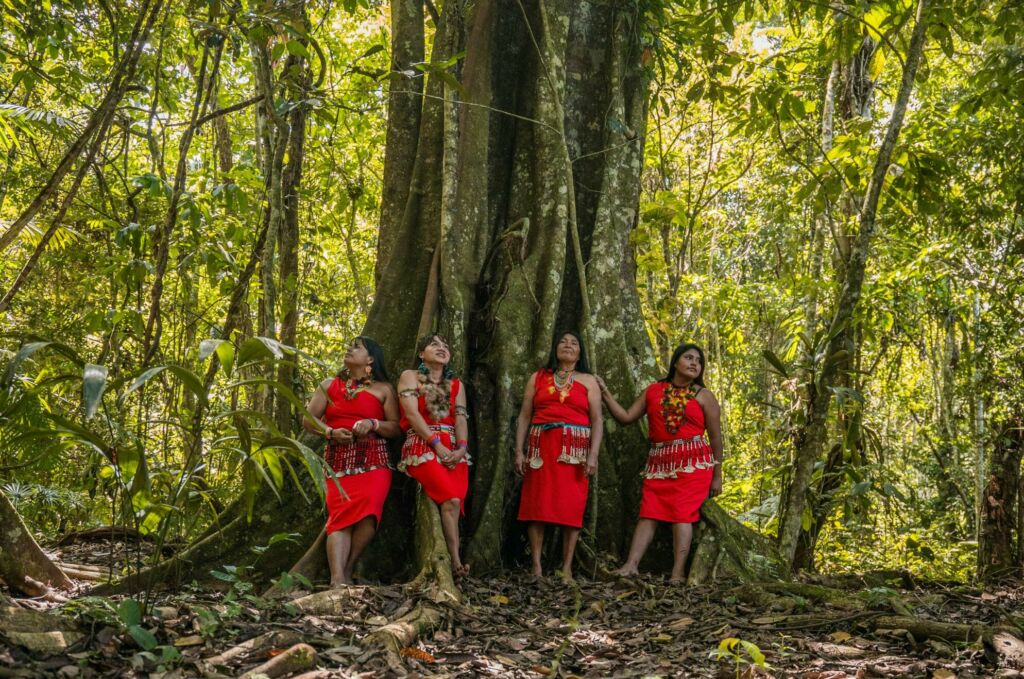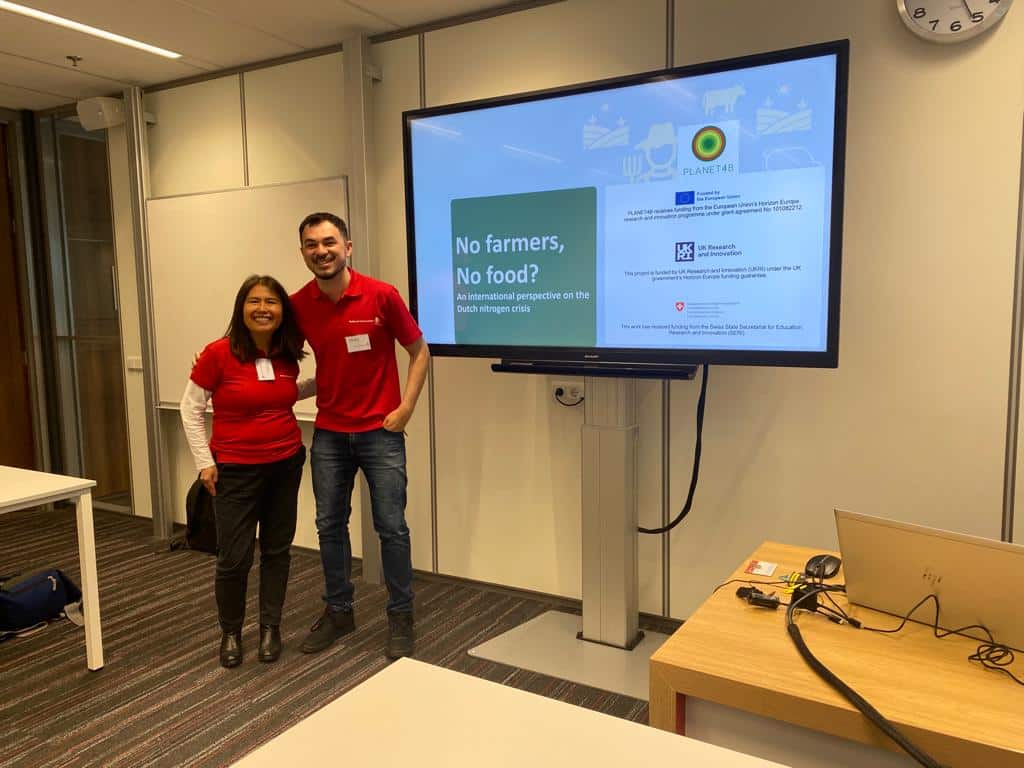Location: Brazil – EU, The Netherlands
Lead Partner: Radboud University
Involved partners:
UFOPA (Federal University of Western Pará)
CEDLA/UvA (Centre for Latin American Research and Documentation at the University of Amsterdam)
Soy Stories project; SEI (Stockholm Environmental Institute)
ISA (Socio-environmental Institute)
Unsustainable patterns of consumer behaviour and institutional structures can trigger global change, especially climate change and biodiversity loss.
In 2023, the EU Deforestation Regulation was adopted, aiming to prevent traders and operators from placing commodities linked with deforestation and forest degradation onto the EU market or exporting them from the EU.
Through this case study, Radboud University investigates the consequences and limits of new public EU regulations on sustainable supply chains, such as the EU Deforestation Regulation (EUDR) and the Corporate Sustainability Due Diligence Directive (CSDDD), to socio-biodiversity loss linked to international trade of soy and beef between Brazil and the Netherlands.
PLANET4B project partners will develop policy recommendations, based on the case study, to improve the implementation of regulations such as the EUDR, towards prioritisation of biodiversity and people.

Photo: pexels.com
Expected impacts
Biodiversity
The case addresses new EU policies and regulations connected to the agricultural production and trade of soy and beef between the Netherlands and Brazil, aiming to curb deforestation in the Brazilian Amazon and Cerrado. Our study aims to rethink extensive livestock farming and industrialised soy production, raising awareness about alternative modes of production and consumption, leading to changes in international trade patterns to better support biodiversity and people.
Individual level
Through photography-based workshops and storytelling exercises, the case study stakeholder board members experience activities that potentially promote changes in behaviour at the individual level. For example, reduce the consumption of meat or dairy products, in light of discussions about how much these products affect biodiversity.
Community level
Local value chains support local communities to generate income and wellbeing through forest restoration and boost local economies based on native fruits, essential oils, nuts, fibers, and ecotourism in the Brazilian Amazon and Cerrado. Likewise, a farming system consuming less soy in the Netherlands can potentially steer the farmers’ community to change production systems, for example, introducing cattle varieties less dependent on soy for feeding.
Institutional/Policy level
We seek to understand how new EU regulations can transform commodity production and trade (e.g., beef and soy) at the EU and national level in Brazil and the Netherlands. In order to address the negative social and environmental impacts of the current production model, (such as land degradation in intensive soy agriculture and livestock farming systems and pollution of forests and rivers by chemical fertilisers, affecting both countries) we provide insights for the integration of human rights and intersectionality in environmental policies and international trade policies at the EU and national levels in Brazil and the Netherlands.

Photo: pexels.com
Intersectionality dimensions
The case study provides insights for international trade policies attentive to human rights and intersectionality, both in the sourcing countries and in importing countries located in the EU. In the research, we engage with the concept of intersectional environmental justice, for humans and non-humans.
We will consider impact groups who have been structurally marginalised, such as Indigenous peoples and local communities (for example, small agroforestry farmers, women, Afro-Brazilians): those impacted by deforestation, agrochemical contamination of forests and rivers, infrastructural projects, such as ports and railways crossing Indigenous Peoples’s lands without Free, Prior and Informed Consent (FPIC). In the study, we observe resistance projects through which marginalised groups resist injustices as well as sustainable ways of being, knowing and living.
Intersectionality is also visible in the EU/Netherlands, e.g., small farmers struggling to transition to agroecological production systems, finance sector pressing farmers, labour conditions in trade and agriculture, animal rights in the livestock sector.
Working approach
- Literature reviews
- Stakeholder mapping
- Semi-structured interviews with key stakeholders from various sectors: governmental, NGOs, academia, businesses, and local communities.
- Policy analysis of regulatory instruments (EUDR)
- Photography-based workshops (with Stakeholder Board)

Workshop at the Radboud University
Links
The future of the amazon is on you plate
